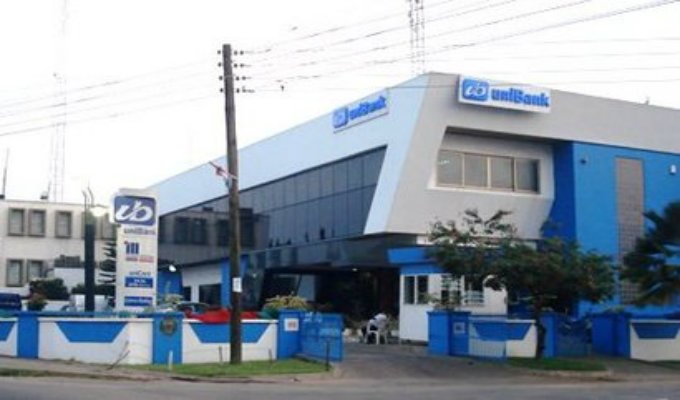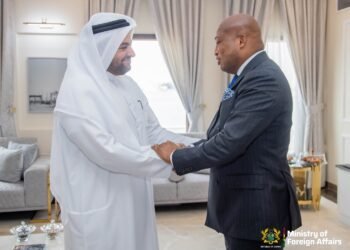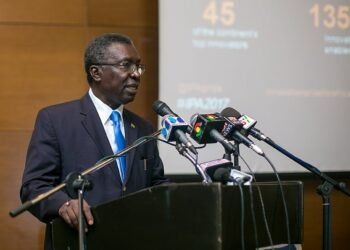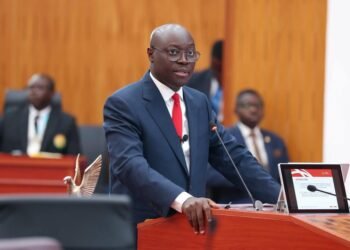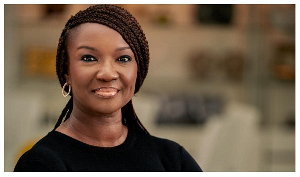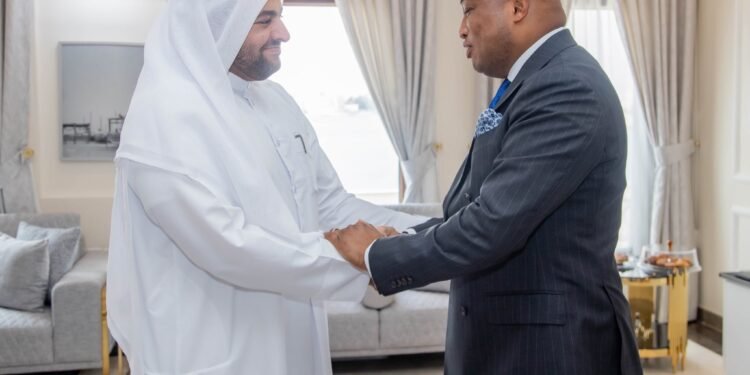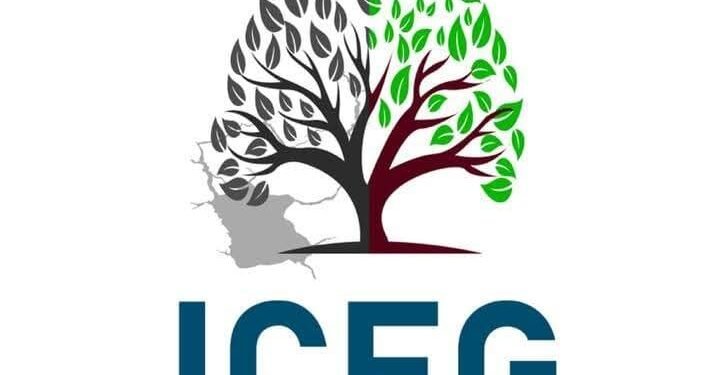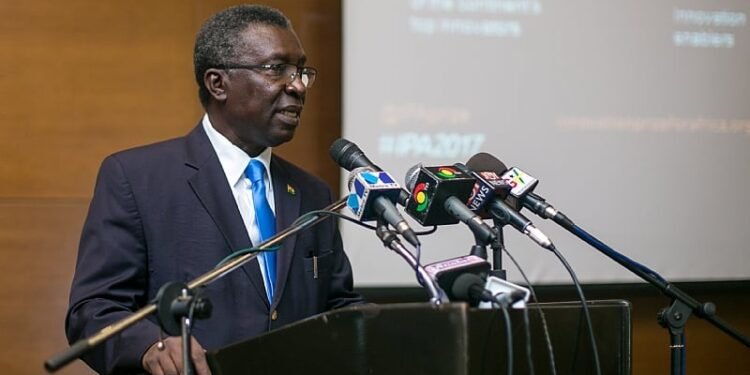The recent Unibank controversy has reignited public debate over the boundaries between legal recovery efforts and criminal liability within Ghana’s financial system.
Political activist and legal professional Oliver Barker-Vormawor has voiced strong concerns over the Attorney General’s decision to file a nolle prosequi in the ongoing case involving Unibank, raising critical issues about accountability and public confidence in judicial processes.
The central issue, Barker-Vormawor explained, is that the Attorney General’s decision to abandon criminal prosecution based on the estimation of the difficulty of recovering certain matters does not absolve anyone of wrongdoing.
He argued that using recovery challenges as justification should not be interpreted as exoneration or an indication that no misconduct occurred.
He expressed concern about a narrative shift, suggesting that some are attempting to reframe the matter to imply that the individuals involved in the Unibank saga acted without fault. According to him, the Attorney General never made such a claim, nor did the decision imply that the accused were completely infallible.
“The Attorney General says, I have looked at the difficulty of how we can recover some of the money made. And when he’s talking about recovery of monies, recovery of monies is not related to the crime of cooking the books.
“He himself admitted that there was a lot of book cooking that happened. So when he’s talking about recovery, he’s only talking about the money that I can be able to get. There’s no doubt, even in terms of the receiver’s attempts to recover money from Unibank, that there have been so many challenges.”
Oliver Barker-Vormawor

Accordingly, he argued that recovery efforts should not overshadow the fact that financial misreporting occurred.
In reviewing the broader legal process, Barker-Vormawor explained that the attempt to recover funds from Unibank had already encountered numerous obstacles.
The initial case was dismissed, leading to arbitration, and that arbitration decision is now being contested. Six years into the process, significant uncertainties still remain.
Banking Integrity Under Serious Scrutiny Amid UniBank Case
This drawn-out legal journey, Oliver Barker-Vormawor said, prompts an urgent need to re-examine how the judiciary handles high-stakes financial cases.
According to Barker-Vormawor, the Unibank controversy is not merely about reclaiming lost money—it’s about the integrity of the banking sector and the enforcement of legal consequences.
He questioned whether a person who misuses substantial sums of money can simply return it and walk free.
This approach, he warned, undermines the role of the criminal justice system, which is designed not only to recover assets but also to punish misconduct and deter future infractions.
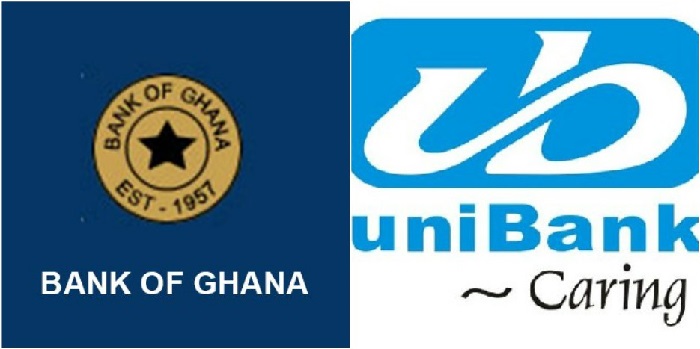
According to him, if the system prioritizes only financial recovery, it could set a dangerous precedent for banking governance.
Barker-Vormawor made it clear that he would support the Attorney General’s decision if it were framed around a long-term strategy to preserve economic stability, even if financial losses could not be avoided.
Such decisions, he said, must be motivated by a broader vision for Ghana’s economy and banking integrity—not short-term convenience.
“If the Attorney General says we’ve lost the criminal case, it doesn’t stop a civil case from going forward. A civil case is a recovery that requires a different standard of proof. So it doesn’t stop that. Recovery can still be pursued. Civil recovery can still go on. So the civil process must go on.”
Oliver Barker-Vormawor
On the broader implications, Barker-Vormawor argued that individuals who manipulate depositor funds and trigger state bailouts should face more than just civil claims.
The state’s intervention in such cases, often justified by the need to prevent systemic risk or protect depositors, cannot be allowed to mask criminal wrongdoing.
He also refuted attempts to blame the government’s indebtedness to banks for the collapse of Unibank.
While acknowledging that the government does owe money to various institutions, including commercial banks and private individuals, he insisted that these debts are not so significant as to justify or excuse the financial mismanagement that occurred at Unibank.
According to Barker-Vormawor, using such debt as a straw argument to distract from the real causes of the collapse is misleading.
He questioned whether, at the point when the bank’s license was revoked, the government’s unpaid debts were large enough to have kept the bank afloat. In his view, they were not.
Dame’s Advice Misread In Unibank Controversy
In addressing the role of former Attorney General Godfred Yeboah Dame, Barker-Vormawor clarified that Dame’s legal advice was narrowly focused. Dame argued that section 114 of the banking laws could not independently justify appointing a receiver or revoking a license.
However, Dame did not claim that the Bank of Ghana lacked authority to act on other sections of the law, such as section 123, especially if credible information about violations had been received from the receiver.
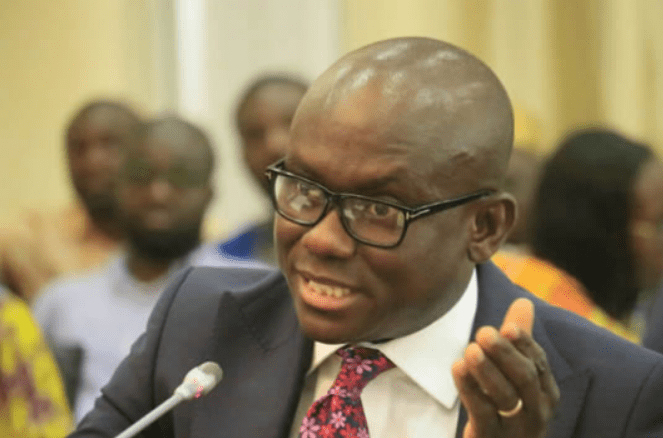
Barker-Vormawor noted that “There’s nothing that impugns the decision that the bank is capable of making,” noting that instead, Dame’s argument highlights the legal intricacies involved in bank regulation and reinforces the necessity of following due process when financial institutions face collapse.
In light of the Unibank controversy, Barker-Vormawor’s commentary serves as a stark reminder that legal strategy, institutional accountability, and public interest must remain at the heart of decisions affecting national economic infrastructure.
The handling of this case, he argues, will set the tone for how Ghana’s financial sector is governed for years to come.
READ ALSO: 2baba’s Remarriage Raises Legal Questions on Divorce, Bigamy

